Everyone said he was a fool. Everyone said she was a clever woman. They used the word ensnare
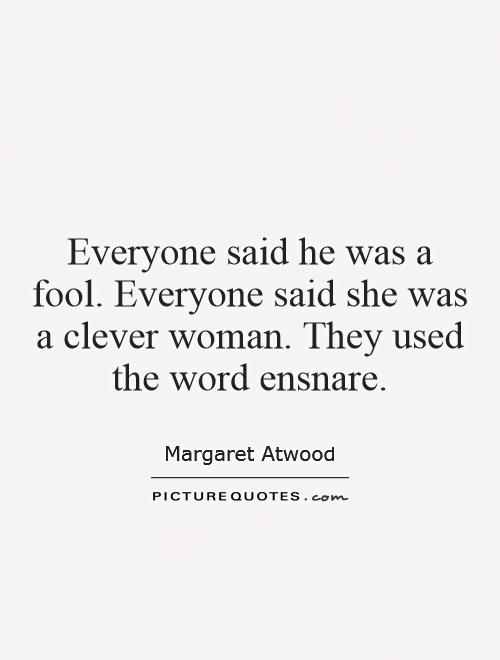
Everyone said he was a fool. Everyone said she was a clever woman. They used the word ensnare
Margaret Atwood is a renowned Canadian author known for her thought-provoking and often dystopian works. In the context of the quote "Everyone said he was a fool. Everyone said she was a clever woman. They used the word ensnare," Atwood's writing often explores themes of power dynamics, manipulation, and the complexities of human relationships.Atwood's characters are often multifaceted and morally ambiguous, challenging traditional notions of heroism and villainy. In the quote, the contrast between the man being labeled a fool and the woman being seen as clever highlights societal expectations and gender roles. Atwood frequently delves into the ways in which individuals are judged and pigeonholed based on their gender, and how these expectations can be used to manipulate and control others.
The word "ensnare" suggests a sense of entrapment or manipulation, hinting at the power dynamics at play in Atwood's works. Her writing often explores the ways in which individuals seek to control and dominate others, whether through physical force, emotional manipulation, or societal expectations. Atwood's characters are often caught in a web of power struggles, where they must navigate complex relationships and moral dilemmas in order to survive.
Atwood's exploration of gender dynamics and power structures is particularly evident in works such as "The Handmaid's Tale," where women are stripped of their autonomy and forced into roles dictated by a patriarchal society. The character of Offred, for example, is ensnared in a system that seeks to control her body and her reproductive rights, highlighting the ways in which women are often marginalized and oppressed.
Overall, the quote "Everyone said he was a fool. Everyone said she was a clever woman. They used the word ensnare" encapsulates the themes of power, manipulation, and gender dynamics that are prevalent in Margaret Atwood's writing. Through her thought-provoking and often unsettling works, Atwood challenges readers to question societal norms and power structures, and to consider the complexities of human relationships and the ways in which individuals seek to control and dominate one another.

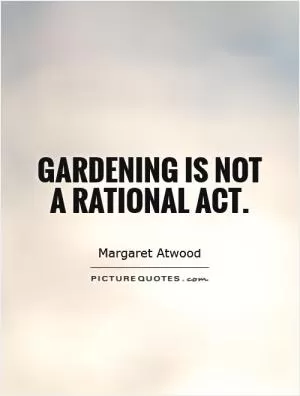
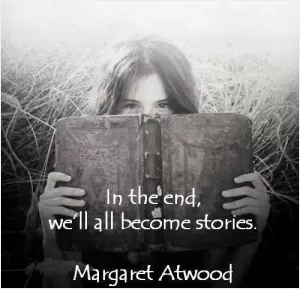

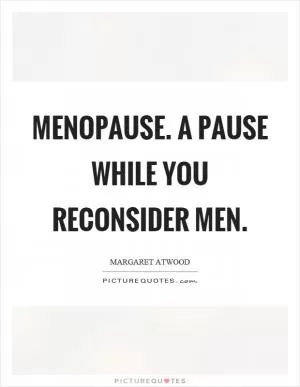


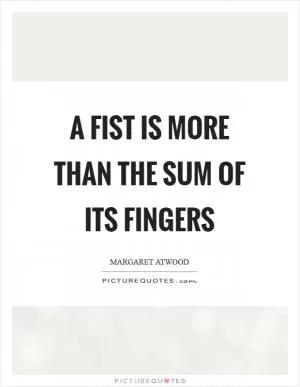
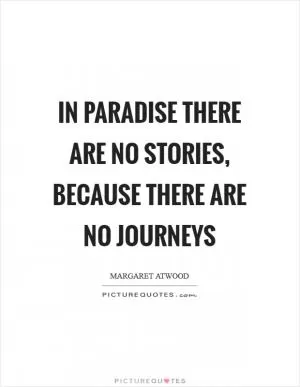
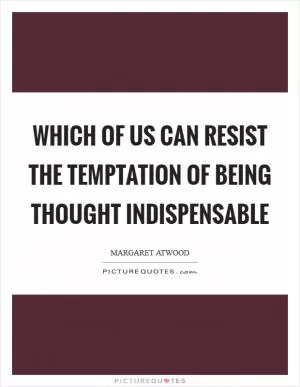
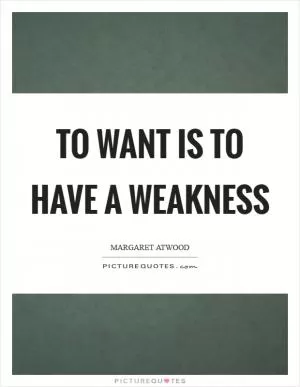
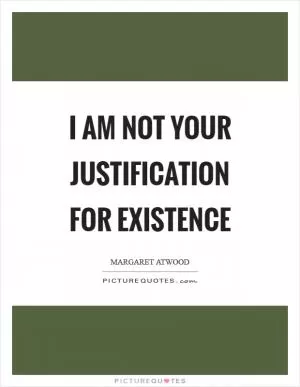
 Friendship Quotes
Friendship Quotes Love Quotes
Love Quotes Life Quotes
Life Quotes Funny Quotes
Funny Quotes Motivational Quotes
Motivational Quotes Inspirational Quotes
Inspirational Quotes